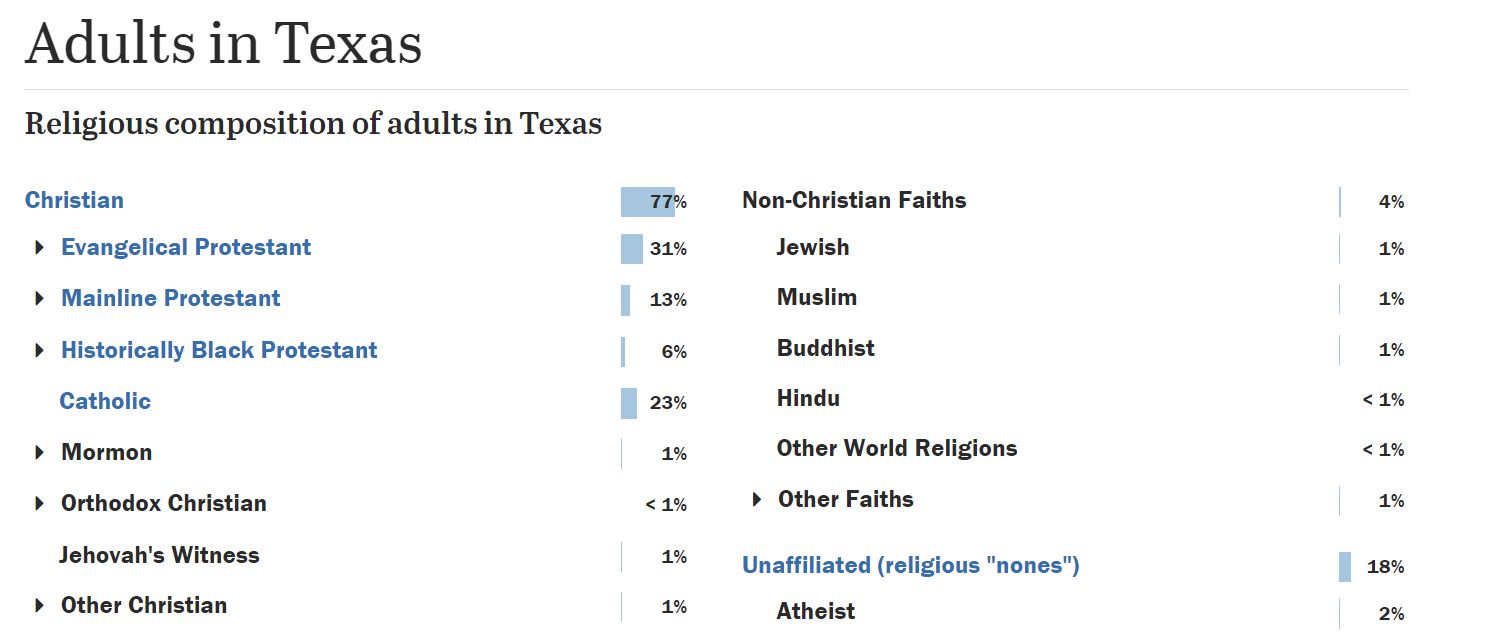porchetta united states
Porchetta in Texas, with a focus on religious communities
Bacon, and porchetta in Texas, with a focus on Religious communities
Texas is known for its rich cultural diversity, distinct culinary traditions, and deep-rooted religious heritage. The state’s culinary identity is closely tied to its agricultural roots and immigrant influences, which have shaped the variety of foods consumed in Texas households. Among these foods, pork products like bacon, porchetta, and pork cuts hold a special place on Texan tables. However, the consumption of pork in Texas is also influenced by religious beliefs and cultural backgrounds, particularly in communities where dietary restrictions or preferences may come into play.
Case study of pork consumption : A staple in Texan Cuisine
Pork consumption in Texas is widespread, with various cuts and preparations forming part of traditional dishes. From smoked pork ribs to bacon-wrapped jalapeños, pork is deeply embedded in the Texan culinary experience. One of the most iconic pork dishes is porchetta, a savory, Italian-inspired roast popular at gatherings and celebrations. The versatility of pork allows it to be used in barbecues, tacos, and a range of Tex-Mex dishes that blend Hispanic and European flavors, which are part of the state’s gastronomic legacy.
Bacon, in particular, enjoys an almost legendary status in Texas, as it does across much of the United States. Its popularity can be attributed to the rise of bacon-centric trends, where it is featured in breakfast dishes, burgers, sandwiches, and even desserts like bacon-wrapped dates or candied bacon. For many Texans, a hearty breakfast is incomplete without a few strips of crispy bacon.
Religious Considerations in Pork Consumption

Despite the overall popularity of pork in Texas, the state’s deeply religious communities exhibit varied perspectives on its consumption. Texas is home to a range of religious groups, including Christians (both Protestant and Catholic), Jews, Muslims, and others who may have differing stances on the consumption of pork.
Christianity and Pork Consumption
Christianity, which is the predominant religion in Texas, generally does not impose restrictions on the consumption of pork. However, dietary habits can vary depending on the denomination and cultural background of the community. In Texas, many religious communities—such as Baptists, Methodists, and Catholics—view pork as a normal part of their diet and incorporate it into both everyday meals and special occasions.
In cities with a strong religious presence, such as Waco, San Antonio, and Tyler, pork is often consumed in large quantities during communal gatherings. Church potlucks, barbecues, and festivals frequently feature pork dishes, including roasted porchetta, pork sausages, and bacon-laden casseroles. In some cases, food brings these religious communities together, strengthening bonds through shared meals and traditional dishes.
However, some Christian denominations, such as Seventh-day Adventists, follow dietary guidelines similar to those in the Old Testament and avoid pork altogether. These exceptions highlight the complexity of pork consumption within the broader Christian framework.
Judaism and Pork
Texas also has a small but significant Jewish population, particularly in cities like Houston and Dallas. For observant Jews, pork consumption is forbidden under kosher dietary laws. These laws, which are derived from the Torah, prohibit the eating of pork, as pigs are considered impure animals. In these communities, alternatives to pork, such as beef or chicken, are commonly used in dishes that might otherwise feature pork in a non-kosher household.
Kosher markets and delis are available in larger Texas cities, allowing Jewish residents to adhere to their dietary restrictions while still enjoying a variety of meats and other traditional foods. For these individuals, the consumption of pork products like bacon or porchetta is strictly off-limits, and religious teachings play a central role in guiding their food choices.
Texas food analysys ~ Islam and Pork
Muslims make up a growing demographic in Texas, particularly in urban centers like Houston, Dallas, and Austin. For Muslims, pork is forbidden (haram) according to Islamic dietary laws. The Quran explicitly prohibits the consumption of pork, and for practicing Muslims, adherence to this rule is a fundamental aspect of their faith.
As a result, in predominantly Muslim neighborhoods or households, pork products like bacon, pork chops, and porchetta are avoided entirely. Halal food options, which align with Islamic law, are becoming increasingly available in Texas, offering alternatives to pork-based dishes. For instance, turkey bacon or beef sausages may be substituted for pork in dishes traditionally made with these products.
Pork and Texas culture: a balancing act
The varied religious and cultural makeup of Texas creates an interesting balance when it comes to pork consumption. While pork is a staple in many Texan households and religious communities, there are significant segments of the population that avoid it for religious reasons. This diversity is a reflection of the broader Texan ethos, where different cultural and religious practices coexist and influence one another.
In religious cities like San Antonio, Waco, and Tyler, food plays a central role in both religious and social life. While some communities celebrate with pork at the heart of their meals, others observe strict dietary guidelines that prohibit its consumption. In many ways, the involvement of these communities in the broader pork-centric culture of Texas underscores the adaptability of Texan cuisine. Whether it’s through the inclusion of alternative meats or the creation of new culinary traditions, Texas continues to evolve as a diverse culinary landscape where faith and food intersect.
Ultimately, pork, bacon, and porchetta remain prominent in Texas’ cultural fabric, but their presence is nuanced by the religious diversity that shapes the state. This creates a rich tapestry of food traditions, where pork lovers and abstainers alike contribute to the state’s culinary identity.




